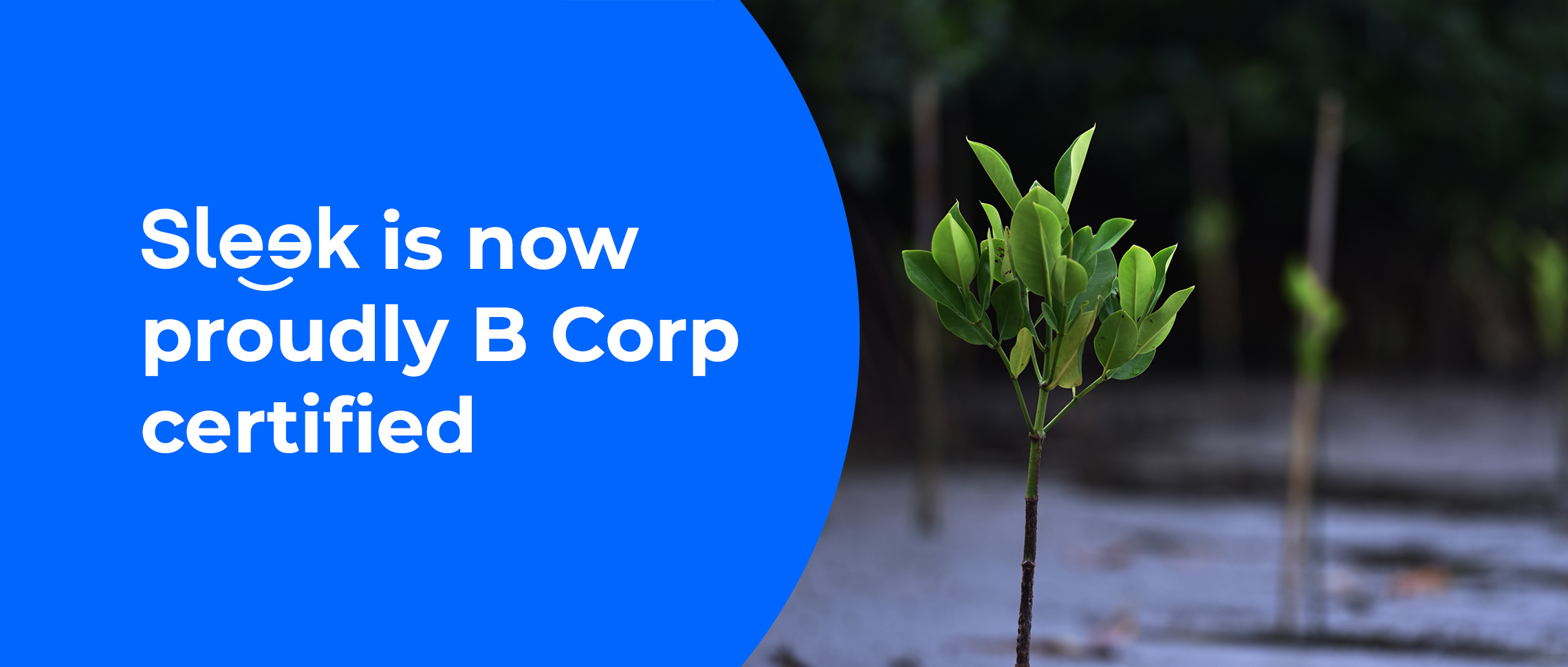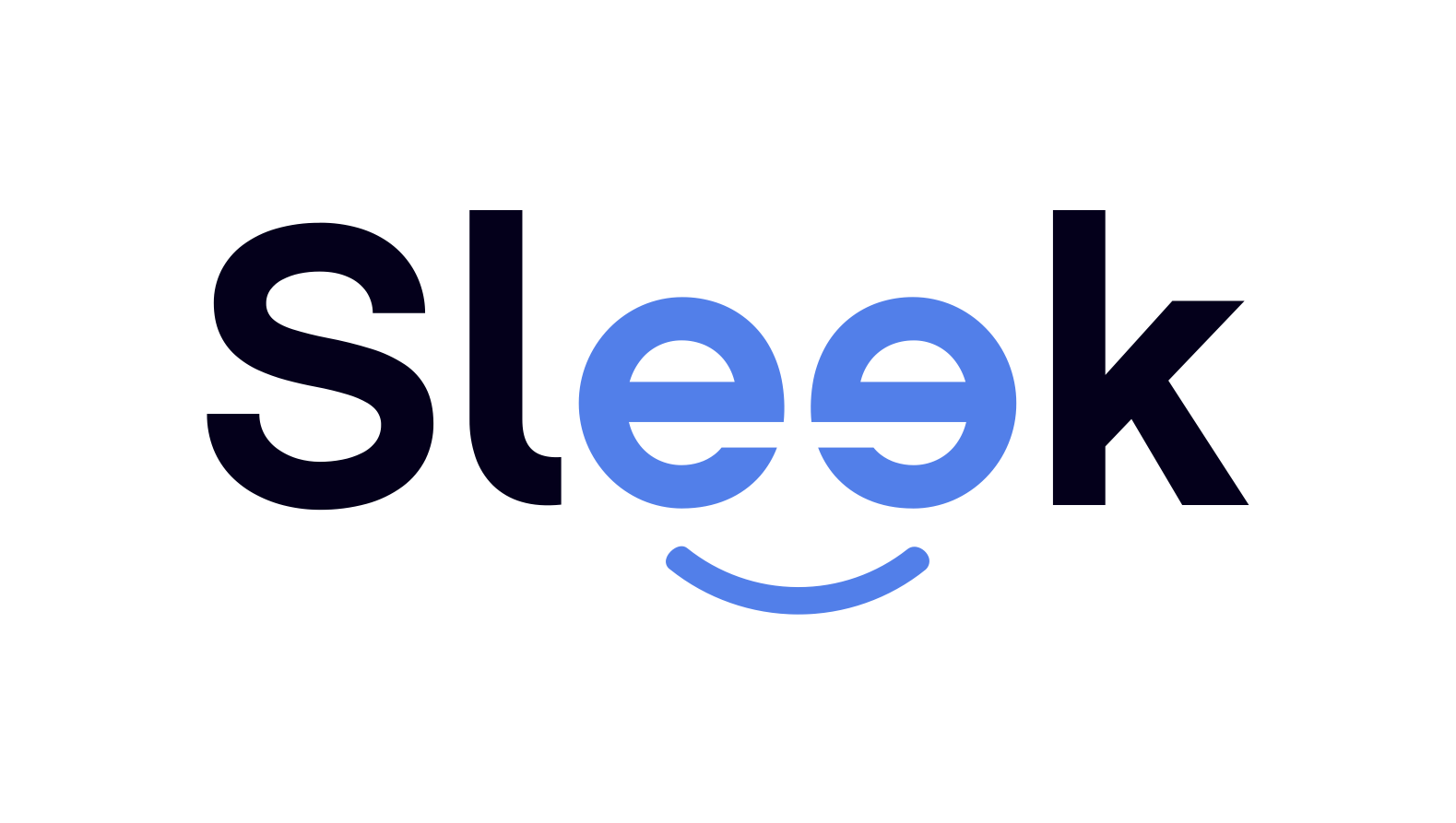

Sleek

Central Singapore Community Development Council, Singapore
May 2023
Legal activities
Service with Minor Environmental Footprint
Australia,
Hong Kong S.A.R.,
Singapore,
United Kingdom
Built by Founders for Founders, Sleek’s mission is to make the lives of our fellow entrepreneurs easier. Sleek is the easiest way to get started and manage a business day to day. Just one platform to manage your incorporation, compliance, bookkeeping, payroll, accounts, expenses, taxes and SO much more! Sleek's AI enabled tech solution helps digitally manage & automate repetitive tasks, while our supportive experts guide and work to offer the best, personalised advice to our customers. In short, our tech ensures you never miss a step and our experts keep you a step ahead. Present across Singapore, Hong Kong, Australia and the UK, to date Sleek has served over 450,000 clients across 110 countries, processed millions of bookkeeping transactions and signed hundreds of thousands documents digitally.
Overall B Impact Score
Governance 19.2
Governance evaluates a company's overall mission, engagement around its social/environmental impact, ethics, and transparency. This section also evaluates the ability of a company to protect their mission and formally consider stakeholders in decision making through their corporate structure (e.g. benefit corporation) or corporate governing documents.
What is this? A company with an Impact Business Model is intentionally designed to create a specific positive outcome for one of its stakeholders - such as workers, community, environment, or customers.
Workers 29.9
Workers evaluates a company’s contributions to its employees’ financial security, health & safety, wellness, career development, and engagement & satisfaction. In addition, this section recognizes business models designed to benefit workers, such as companies that are at least 40% owned by non-executive employees and those that have workforce development programs to support individuals with barriers to employment.
Community 18.6
Community evaluates a company’s engagement with and impact on the communities in which it operates, hires from, and sources from. Topics include diversity, equity & inclusion, economic impact, civic engagement, charitable giving, and supply chain management. In addition, this section recognizes business models that are designed to address specific community-oriented problems, such as poverty alleviation through fair trade sourcing or distribution via microenterprises, producer cooperative models, locally focused economic development, and formal charitable giving commitments.
Environment 9.4
Environment evaluates a company’s overall environmental management practices as well as its impact on the air, climate, water, land, and biodiversity. This includes the direct impact of a company’s operations and, when applicable its supply chain and distribution channels. This section also recognizes companies with environmentally innovative production processes and those that sell products or services that have a positive environmental impact. Some examples might include products and services that create renewable energy, reduce consumption or waste, conserve land or wildlife, provide less toxic alternatives to the market, or educate people about environmental problems.
Customers 3.7
Customers evaluates a company’s stewardship of its customers through the quality of its products and services, ethical marketing, data privacy and security, and feedback channels. In addition, this section recognizes products or services that are designed to address a particular social problem for or through its customers, such as health or educational products, arts & media products, serving underserved customers/clients, and services that improve the social impact of other businesses or organizations.